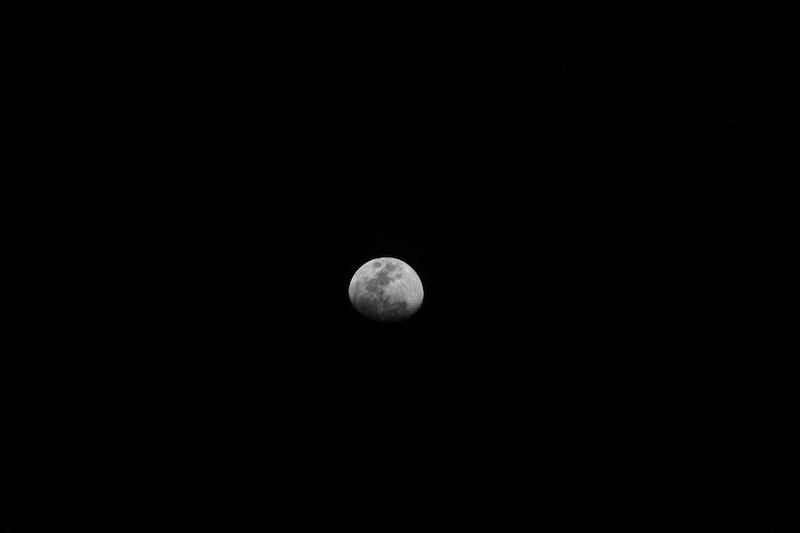It seems cruel and unusual punishment that nights are now growing longer. After all, it feels as if summer has barely begun. However, the slowly-expanding darkness makes it a perfect time to explore the shadowy topic of—blackness.
Is the Night Sky Truly Dark?
You'd think an issue as basic as darkness would be simple as black-and-white. But the only convenient way for people to experience genuine blackness is to lock themselves in a closet.

Certainly, night isn't really dark. Even in the most rural region, or deep in the Rockies or Andes, where skies closely resemble those of a century ago, the heavens aren't black. The source of this illumination is neither the stars nor manmade interference; it's the sky itself.
What is Airglow?
“Airglow” is the name for the sky's natural fluorescence. It's caused by incoming solar particles that interact with atmospheric gases to produce constant miniature auroras.
This background glow varies, but it's always at least three times brighter than the combined light of all the stars. That's why you can still manage to see well enough to walk safely, even on the darkest country road, except where overhanging trees obstruct the sky.

Is Outer Space Dark?
So if night is not truly dark, what is? Asphalt? Velvet? They only seem dark compared with more reflective objects viewed under the same conditions. Our eyes adapt so well to changing lighting, it's impossible to tell what's really going on. That's why we'd never guess that the full moon is 450,000 times dimmer than the sun. A hundred or a thousand times fainter would seem more reasonable.
What about outer space? We all imagine space to be inky-dark. But, in fact, it's colorless; how could a vacuum be otherwise? Even if we teleported ourselves to some distant realm far from the sun, enough light would always arrive from the rest of the universe to disqualify it as perfect inkiness.

A black hole would come closest. It's perfectly black all right, as long as you observed it from the outside—an excellent safety precaution. But inside a black hole there'd be plenty of light, since a star collapsing to black hole density still emits energy even if it can't escape.
So if you really want to see what black is like—meet you in the closet.
